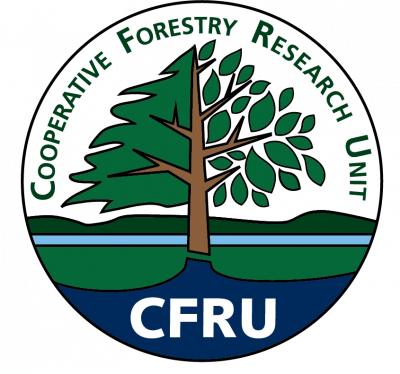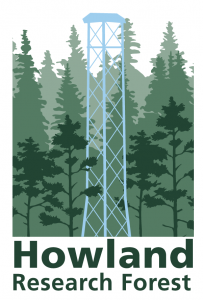Research Programs

Bear Brook Watershed
The Bear Brook Watershed in Maine (BBWM) research program is centered on two small first-order adjacent forested stream watersheds in eastern Maine. BBWM has served an array of scientific objectives that include acid deposition, climate change and carbon sequestration, nitrogen saturation, base cation depletion, and studies of the evolution of watershed biogeochemistry under prolonged experimental acidification since the 1980s.




